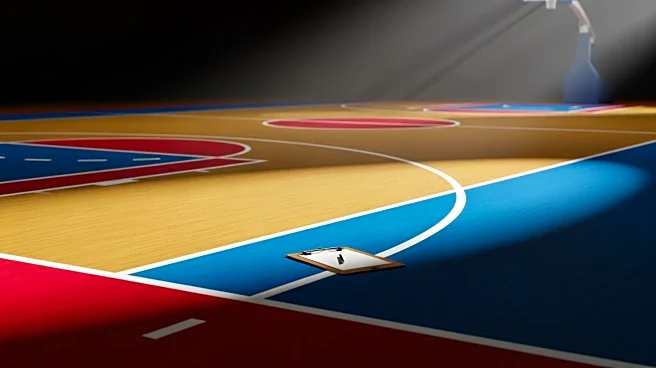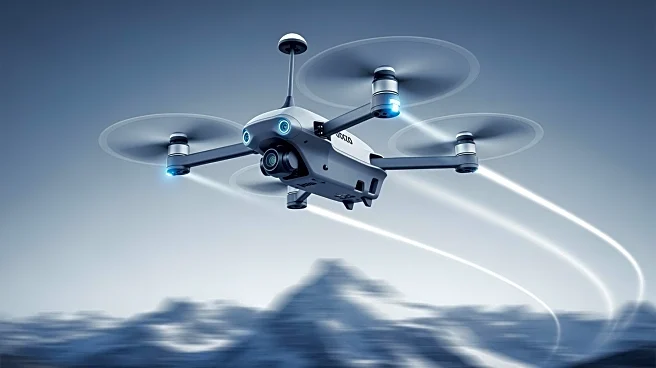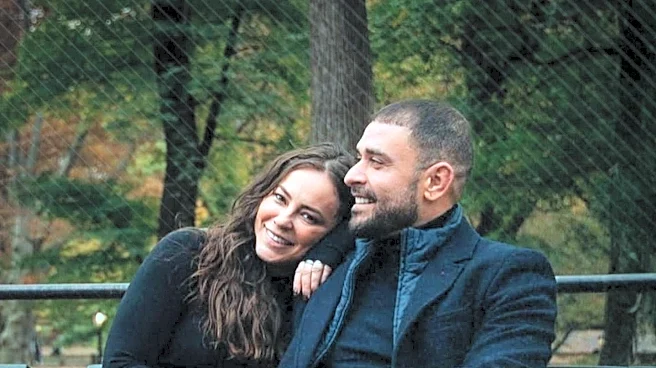What's Happening?
Sonia Raman, previously an assistant coach for the New York Liberty, has been appointed as the head coach of the Seattle Storm. This marks a historic moment as Raman becomes the first Indian-American woman to hold a head coaching position in the WNBA.
Her appointment follows the non-renewal of Noelle Quinn's contract with the Storm. Raman, who has a rich background in coaching at various levels, including college, NBA, and WNBA, will play a crucial role in developing Dominique Malonga, the 2025 No. 2 overall pick. Raman's coaching career began at MIT, where she led the women's team to two Division III NCAA Tournaments, becoming the winningest coach in the program's history. Her move to the Storm leaves the Liberty with three vacancies on their coaching bench.
Why It's Important?
Raman's appointment is significant not only for its historical context but also for the potential impact on the WNBA's diversity and representation. Her leadership could inspire more inclusivity within the league, encouraging other minority groups to pursue coaching roles. Additionally, Raman's experience and strategic acumen are expected to benefit the Storm, particularly in nurturing young talent like Dominique Malonga. This move also highlights the ongoing changes in the WNBA coaching landscape, with several teams undergoing leadership transitions. The Liberty, now with multiple coaching vacancies, will need to strategically fill these roles to maintain competitive performance.
What's Next?
The Liberty will need to address the vacancies left by Raman's departure, potentially considering candidates like former Nets assistant Will Weaver and Mercury associate head coach Kristi Toliver. Meanwhile, Raman will begin her tenure with the Storm, focusing on team development and integrating new players into the roster. The WNBA's coaching shifts may lead to further strategic changes across teams, impacting player dynamics and team performance in the upcoming season.
Beyond the Headlines
Raman's appointment could have broader implications for gender and ethnic diversity in sports leadership roles. Her success may pave the way for more women and minorities to enter high-level coaching positions, challenging traditional norms and promoting equality in sports. This shift could influence hiring practices across other professional sports leagues, fostering a more inclusive environment.
















